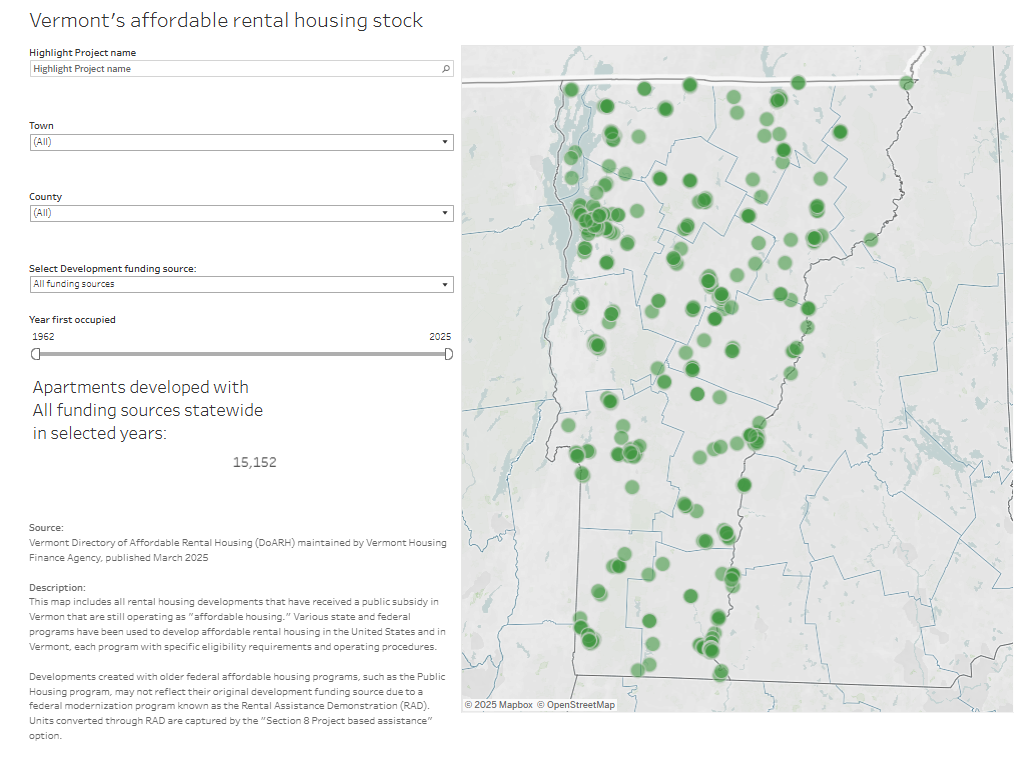Reducing or waiving impact fees for affordable housing projects. Impact fees are important for municipalities because they require developers to pay their fair share of the costs of providing public services to the new development. However, impact fees can be an additional barrier to developing affordable housing projects.
Allowing permit fee reductions, waivers, or deferments for affordable housing projects.
Streamlining the process of receiving permits for desirable housing projects. Can include leveraging technology to facilitate the permitting process and implementing shorter review timelines for permit approval.
Allowing building proposals that fit within the specifications of local zoning policies to proceed "as of right", without additional review. Developers still need to secure a building permit and fulfill customary regulatory requirements, but the approvals process is generally less contentious and/or time-consuming than the process for proposals that require an exception from current zoning regulations.
Cluster developments are a permitted use in which density regulations are determined for an entire specified area instead of a lot-by-lot basis, allowing more smaller units to be constructed in the area. Cluster development allows the developer greater flexibility in designing projects but preserves the overall density in an area. This can naturally encourage the construction of low-cost and therefore more affordable housing units. Municipalities can also require affordable housing to be developed as a condition of approval for adjusting density requirements.
Transit oriented-development (TOD) seeks to maximize residential, business, and leisure development within walking distance of public transport. TOD promotes long-term affordability of housing by reducing transportation-related costs of households, while also saving energy and reducing emissions. Zoning bylaws can include development standards to address transportation efficiency, including requiring bicycle racks, transit shelters, and connections to existing sidewalks and bicycle pathways, where appropriate. TOD is sometimes called "smart growth".
Municipal planning ordinances that allow developers to increase the maximum allowable development on a property in exchange for making a certain percentage of the housing affordable. May be incorporated into inclusionary zoning requirements
Zoning bylaws that require large minimum lot sizes (≥2 acres per dwelling unit) require developers to purchase more land for each unit and these costs are ultimately passed on to homebuyers or renters. Towns can promote the development of new affordable housing by changing their zoning bylaws so that less land is required for each lot.
- Connecticut Fair Housing Center
- Erie County Department of Environment and Planning

